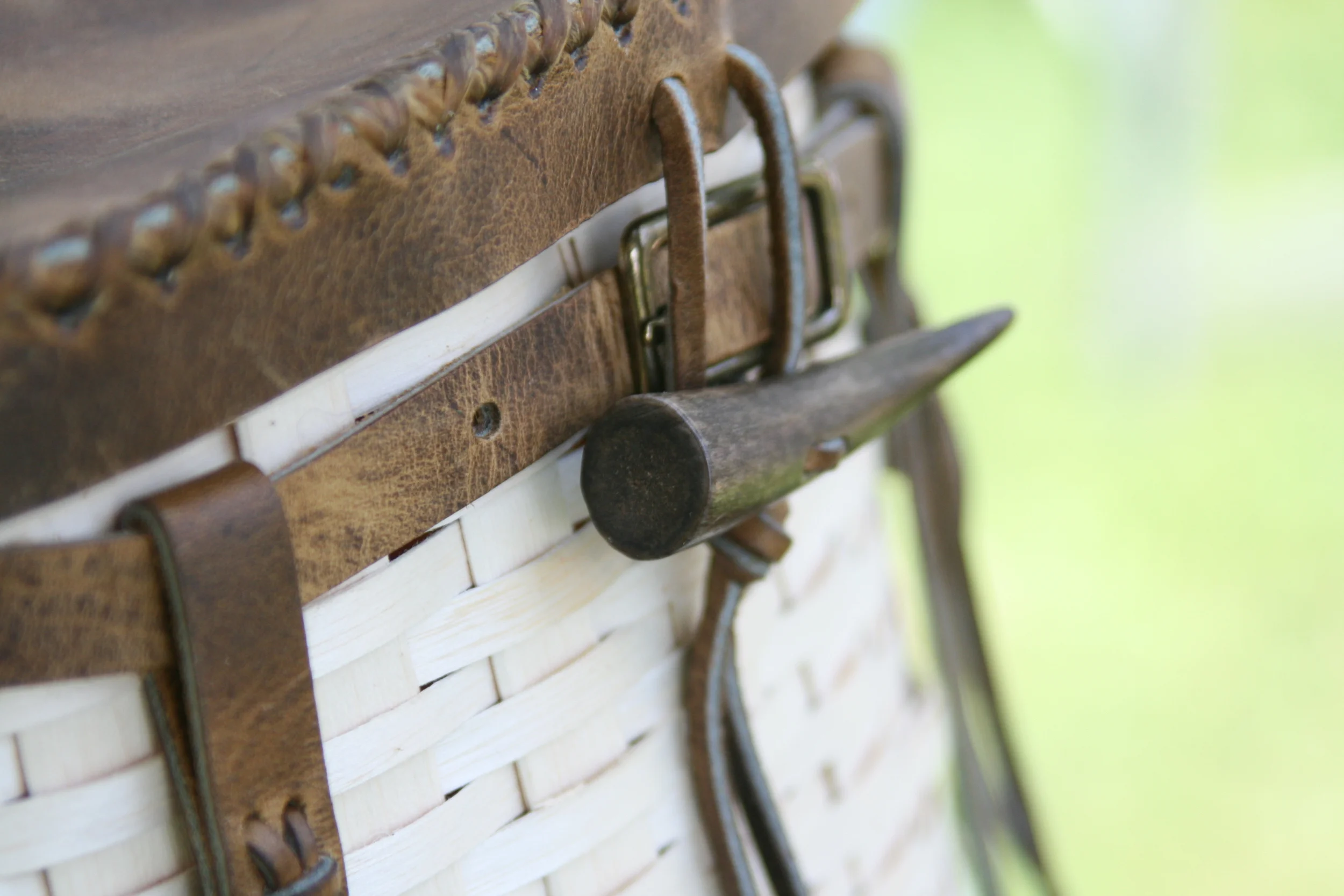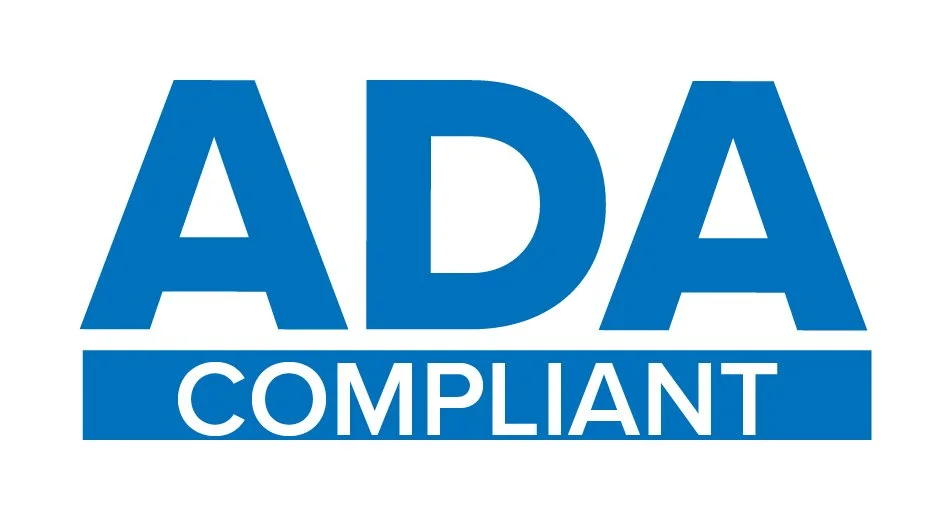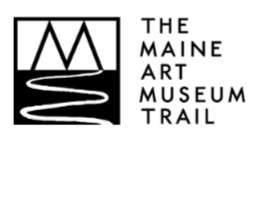We are What we are Because of You
/From this beautiful spot in Bar Harbor, on a jagged rock reaching into the Atlantic, the Abbe Museum is redefining museum practice as we know it. And, as we celebrate our 90th year, we want to thank you for your contributions to helping us inspire new learning about the Wabanaki Nations with every visit.
You have made the Abbe an essential museum. How often have you visited the Abbe not necessarily because of a new exhibit or program, but because of its importance in today’s society? We’ve spent close to a century sponsoring research and preserving precious collections, and we are now working collaboratively with Wabanaki people to teach generations of learners about Wabanaki people, culture, history, and art. Because of that work, and thanks to your support, we are the Smithsonian’s only home in Maine.
You have made the Abbe a trusted and invaluable educational resource. Museums are considered the most trustworthy source of information in America, a more reliable source of historical information than books and teachers. At the Abbe, we've created a world full of life, art, and experiences - from the past to the present and into the future. Our education programs this year have given guests a chance to hear about the Abbe’s collections policy and the responsibilities museums have to tribal communities when it comes to collections care. Visitors have had a behind the scenes look at our contemporary collections and handled objects during a white glove curated talk around thematic Wabanaki art forms. Visitors also had a chance to learn about best practices for collaborating with Native communities. The education team has sought to break down many of the physical barriers that keep visitors from interacting with more of our collections for more one-on-one learning opportunities that are deeply tied to the Museum’s mission.
You have made the Abbe a decolonizing museum. Decolonization is the process of reversing colonialism, both politically and culturally, and it involves not only recognizing Indigenous perspectives and the ongoing colonization of Indigenous nations but the devastating effects that colonialism has on Indigenous cultures. Through collaboration with Wabanaki people, the Abbe is a space that privileges Native perspective and voice, and includes the full measure of history, ensuring truth-telling. We’re a role model and mentor for decolonizing museum practices and in the past 18 months, Abbe staff has been asked to train, talk, teach, present, and offer guidance to dozens of museums, cultural organizations, and National Parks on how the Abbe is decolonizing its museum practices. Additionally, many publication requests have come in asking us to write about our decolonization initiatives and practices to benefit the wider museum field.
You have created economic opportunities for Wabanaki Artists. Mount Desert Island’s cragged shores, woodland trails, and calming lakes inspire creativity and have lured artists to this place for generations. Wabanaki people are part of this artistic tradition, dating back thousands of years on this island. During the Rusticator era (the 1840s to 1920s), Wabanaki people helped make Bar Harbor very attractive to visitors. Simultaneously making art and selling it to visitors ensured the cultural survival of many art forms. For years, Wabanaki artists have been traveling across the country to enter the Indian Arts marketplace, repeatedly taking top prizes from Sante Fe to Phoenix to Indianapolis. Informed by Wabanaki artists about the importance of creative placemaking and how it can support both Wabanaki artistry and the local community, we are introducing a three-day juried art event, the Abbe Museum Indian Market (AMIM), in downtown Bar Harbor, debuting May 18-20, 2018. By creating this event, we will shine a bright light on Wabanaki artists and deepen the economic and cultural impact of art making for tribal communities.
You are a changemaker. You help the Abbe touch thousands of lives each and every year. From
the 3,000 schoolchildren who visit the Museum, to the more than 80 Native artists who help with projects and exhibits, to the hours spent in a car driving to the Wabanaki communities in Maine and the Maritimes, to the invaluable time spent collaborating with Wabanaki people, your help makes it possible for us to continue to change lives through learning. Every voice matters and yours has been especially powerful in telling the Abbe’s story.
Your contributions have helped make the Abbe Museum an essential, decolonizing, economic educational resource that’s changing museum practice across the world. Your continued support today is extremely important because it provides an immediate and meaningful impact on the day-to-day operations of the Abbe, most of which are not funded by grant opportunities. Your gift effects every facet of the Museum, from the upkeep and maintenance of galleries and other museum spaces, to community and education programs, to utilities and insurance, to staff salaries. Your gift will help make an actionable impact on providing the necessary funding to fuel these continuing efforts. Help us celebrate 90 years in 2018 by hitting our annual fund goal of $100,000!
Artist doodle by Geo Soctomah Neptune, Passamaquoddy. Geo is a Master Basketmaker and has always believed that you do not choose a basket, that a basket actually chooses you. When Geo weaves, they try to be mindful of the fact that the piece will one day be a home for a small piece of their spirit, and that spirit will choose to go wherever it wants.






